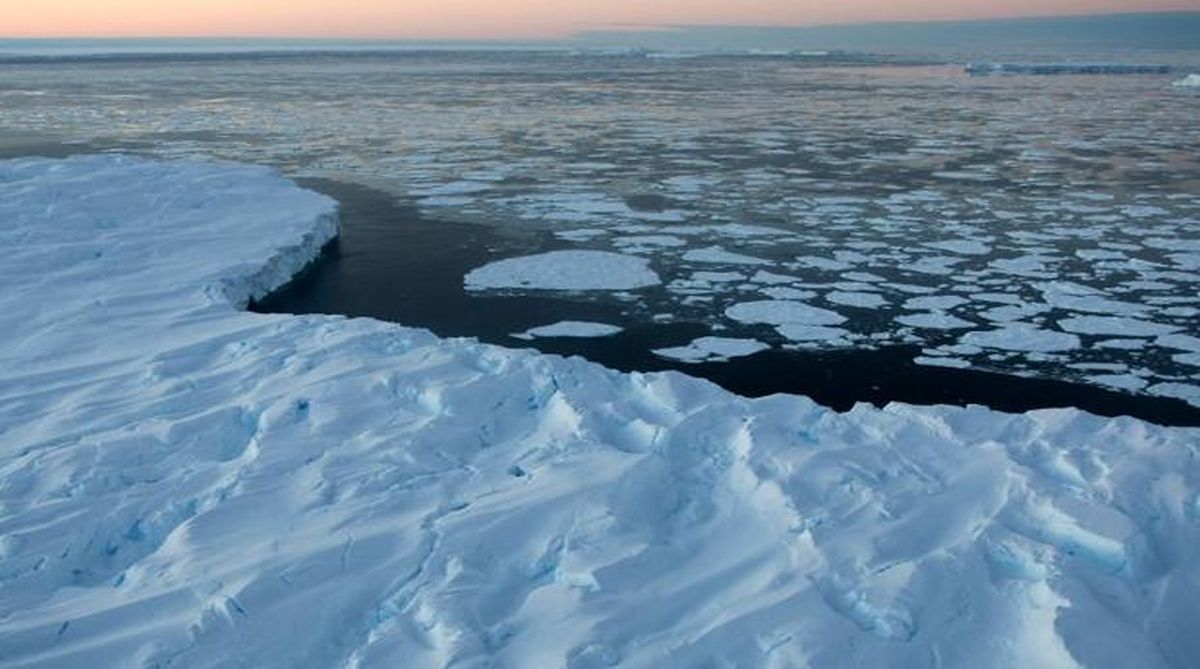Avoiding global climate chaos will require a major transformation of society and the world economy that is “unprecedented in scale,” the UN said Monday in a landmark report that warns time is running out to avert disaster.
Earth’s surface has warmed one degree Celsius (1.8 degrees Fahrenheit) — enough to lift oceans and unleash a crescendo of deadly storms, floods and droughts — and is on track toward an unliveable 3C or 4C rise.
Advertisement
At current levels of greenhouse gas emissions, we could pass the 1.5C marker as early as 2030, and no later than mid-century, the Intergovernmental Panel for Climate Change (IPCC) reported with “high confidence”.
“The next few years are probably the most important in human history,” Debra Roberts, head of the Environmental Planning and Climate Protection Department in Durban, South Africa, and an IPCC co-chair, told AFP.
A Summary for Policymakers of the 400-page tome underscores how quickly global warming has outstripped humanity’s attempt to tame it, and outlines paradigm-shift options for avoiding the worst ravages of a climate-addled future.
Before the Paris Agreement was inked in 2015, nearly a decade of scientific research rested on the assumption that 2C was the guardrail for a climate-safe world.
The IPCC report, however, shows that global warming impacts have come sooner and hit harder than predicted.
“Things that scientists have been saying would happen further in the future are happening now,” Jennifer Morgan, Executive Director of Greenpeace International, told AFP.
To have at least a 50/50 chance of staying under the 1.5C cap without overshooting the mark, the world must, by 2050, become “carbon neutral,” according to the report.
“That means every tonne of CO2 we put into the atmosphere will have to be balanced by a tonne of CO2 taken out,” said lead coordinating author Myles Allen, head of the University of Oxford’s Climate Research Programme. Drawing from more than 6,000 recent scientific studies, the report laid out four “illustrative” pathways to that goal.
The most ambitious would see a radical drawdown in energy consumption coupled with a rapid shift away from fossil fuels and a swift decline in CO2 emissions starting in 2020. It would also avoid an “overshoot” of the 1.5C threshold.
A contrasting “pay later” scenario compensates for a high-consumption lifestyle and continued use of fossil fuels with a temporary breaching of the 1.5C ceiling.
It depends heavily on the use of biofuels. But the scheme would need to plant an area twice the size of India in biofuel crops, and assumes that some 1,200 billion tonnes of CO2 — 30 years’ worth of emissions at current rates — can be safely locked away underground.
“Is it fair for the next generation to pay to take the CO2 out of the atmosphere that we are now putting into it?”, asked Allen. “We have to start having that debate.”
The stakes are especially high for small island states, developing nations in the tropics, and countries with densely-populated delta regions already suffering from rising seas.
“We have only the slimmest of opportunities remaining to avoid unthinkable damage to the climate system that supports life as we know it,” said Amjad Abdulla, chief negotiator at UN climate talks for the Alliance of Small Island States (AOSIS).
“Historians will look back at these findings as one of the defining moments in the course of human affairs.” Limiting global warming to 1.5C comes with a hefty price tag: some $2.4 trillion (2.1 trillion euros) of investments in the global energy system every year between 2016 and 2035, or about 2.5 percent of world GDP.
That amount, however, must be weighed against the even steeper cost of inaction, the report says.
The path to a climate-safe world has become a tightrope, and will require an unprecedented marshalling of human ingenuity, the authors said.
“The problem isn’t going to be solved with a silver bullet,” Ove Hoegh-Guldberg, director of the University of Queensland’s Global Change Institute, told AFP.
“We need a hail of silver bullets.”
The IPCC report was timed to feed into the December UN climate summit in Katowice, Poland, where world leaders will be under pressure to ramp up national carbon-cutting pledges which — even if fulfilled — would yield and 3C world.
The week-long meeting in Incheon, South Korea — already deep into overtime — deadlocked on Saturday when oil giant Saudi Arabia demanded the deletion of a passage noting the need for global CO2 emissions to decline “well before 2030”.
The report was approved by consensus as soon as the Saudis backed down, participants to the meeting told AFP.
Concerns that the United States would seek to obstruct the process proved unfounded.
The Trump administration has dismantled emissions reduction policies domestically and vowed to ditch the Paris treaty.











